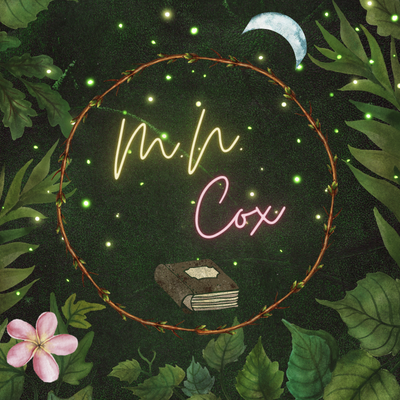Advice on writing craft and first drafts
When I began writing fiction earnestly, it was 2018, and the (eventual) novel was The Strange Brew.
Since 2018, I’ve completed several first drafts for various stories. They still need a lot of work to “become something”, and most will. But even if I didn’t complete them, I wouldn’t see the previous work as a waste of time.
Writing is a craft, so write, learn, write, practice.
Photo by Brad Neathery
I wasn’t particularly skillful when I began. 🤭 I remember joining a writer’s group early on. What an enthusiastic and patient bunch of writers they were. I learned so much from them, and (looking back) that included some quite basic grammar and spelling, among other skills.
Obviously you have to complete manuscripts if you want to be a novel writer. Yet since the craft needs time to develop, I think there is a place for various practice works. There seems no reason to frame practice as wasted time (unless you’ve developed a habit of being unable to move on to completing).
So keep writing. Keep learning. Try out what you learn.
Also, did I mention you should keep writing? I did? Good.
First draft: get it down fast!
I started writing The Strange Brew without knowing the middle or end plot. I remember those fun times near the start. Words flowed so easily and sounded lovely sometimes (to me as a new writer 🤭). Plus, I felt very excited about becoming an author someday.
But that excitement slowed when I realised I had no idea where I was heading with the story and that I was repeatedly fussing over the same chapters instead of steaming ahead. If my memory serves me correctly, it was somewhere around the thirteenth or fourteenth chapter (of forty-nine). It was a hard slog and stressful indeed.
Now, I know some are pantsters who like to let their stories spill out organically without a plan. If that’s you and it’s working for you, that’s fine. Type on.
Once I have a story’s premise, though, plotting pays dividends.
By the way, I talk about a program called Plottr that I use to plot in My Top Seven Writing Resources post here.
With a plan in front of you, it’s all systems go! No hold-ups as you worry whether your writing is good enough or if you’ve made dumb spelling mistakes. It won’t be, and you will have (at that point).
But don’t linger on those fears. No one has to read your first draft.
Don’t give in to the temptation to edit what you wrote the day before, either. That can draw out the writing process. Speaking from experience, it makes it feel eternal. Not like an immortal vampire kind of eternal. That would be awesome—and by the way, I have a vampire novel called The Red Line publishing later this year. Join my mailing list to hear more about it.
But, no, it’s one of those dragging “eternals” where you feel it will never bloody-well end.
Getting hung up on editing early chapters can also lead to varying quality because some sections have been “worked on” more than others. I’ve been there. 😬
The pull to edit as you go is a formidable foe. On that first draft, fight it!
Or, if you must, give yourself rules and a time limit. Perhaps focus only on the basics, like correcting spelling mistakes and ensuring tidy quote tags. Then, force yourself back to writing that messy first draft.
There will be plenty of time to focus on quality once the bones of your story are on paper. That’s the time to tidy things up, show you can spell, and look for plot holes to fill. In the second draft, you take the messy story and ill-formed paragraphs and shape them to be readable and (hopefully) lovable. Then, you work on the third, fourth, and so on. Until you really cannot wait to see the back of the manuscript! No, seriously.
Finally, I’d like to point out that once you have a plot, it’s okay to make changes as needed. It doesn’t nullify the advice to plot; it’s simply about being realistic. Maybe you thought of a fantastic idea while unable to sleep one night or found a glaring plot hole. Modify your blueprint as needed—I do—but at least you have a map directing you towards the end goal: a completed novel!! 🥂
Summary:
1) Writing is a skill you develop.
2) Never stop learning. Never stop practicing.
3) Plot, so you know where you’re heading.
4) Get your first draft down quickly.
5) Avoid continually editing the words you have before you get your first draft finished.
What do you think? I hope my experience has given you food for thought.
Happy writing, lovelies. ☺️💗


